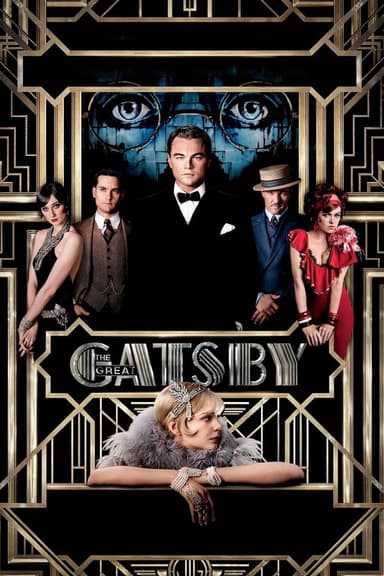
On the Road
2012 • Adventure, Drama • R
Sal Paradise is a young writer whose life is shaken and ultimately redefined by the arrival of Dean Moriarty, a free-spirited, fearless, fast talking Westerner and his girl, Marylou. Traveling cross-country, Sal and Dean venture out on a personal quest for freedom from the conformity and conservatism engulfing them in search of the unknown, themselves, and the pursuit of “it” -- the pure essence of experience.
Runtime: 2h 22m
Why you should read the novel
Jack Kerouac's On the Road is a timeless classic that vibrates with the genuine pulse of youth, rebellion, and longing for meaning. The novel's stream-of-consciousness style and poetic prose invite readers to experience the rush of the open road and the spirit of self-discovery alongside its protagonists. No film can capture Kerouac's spontaneous language, the subtle rhythm of his sentences, or the vivid internal landscapes he paints throughout the pages.
Delving into the novel allows readers to develop a far deeper connection with the real-life inspirations behind the characters, and to witness the post-war American landscape as seen through the restless eyes of Sal Paradise. The book's sense of freedom, its lyrical depictions of friendships, and its raw, unfiltered observations are unmatched by translation to the screen. Each page is a direct communion with the ideals, heartbreak, and enthusiasm that fueled the Beat Generation.
By choosing the source novel, you immerse yourself in the authentic voice and the historical context that shaped a literary revolution. On the Road is not only an adventure story, but also a profound reflection on the search for identity and belonging. Its influence on American culture and its lasting legacy are best experienced in print, where every word reflects Kerouac’s personal journey.
Adaptation differences
The 2012 film adaptation of On the Road condenses and streamlines many events from the novel, often rearranging sequences for cinematic pacing. As a result, the sense of time and the sprawling, almost meandering journey undertaken by Sal and Dean in the book is accelerated, sometimes losing the sense of endless roads and drifting days central to the original.
Another major difference is the film's focus on explicit visual storytelling, which cannot replicate Kerouac’s introspective and poetic narration. The novel's depth comes from Sal's inner thoughts, reflections, and narrative voice, giving readers an intimate experience of his emotional evolution. The movie, reliant on dialogue and images, reduces much of this introspective quality and sometimes flattens the philosophical undertones.
In the adaptation, some secondary characters and events receive less attention or are omitted altogether. The complex motivations of figures like Carlo Marx and Old Bull Lee are streamlined, and some of the nuanced exchanges and relationships are lost, which can lead to a less textured understanding of the Beat circle and their intellectual pursuits.
Finally, while the movie strives for authenticity in costumes, cars, and slang, it struggles to capture the groundbreaking style and energy of Kerouac’s prose. The book’s spontaneity, running sentences, and musicality provide an emotional and artistic impact that the film, with its more conventional structure, ultimately cannot match.
On the Road inspired from
On the Road
by Jack Kerouac










